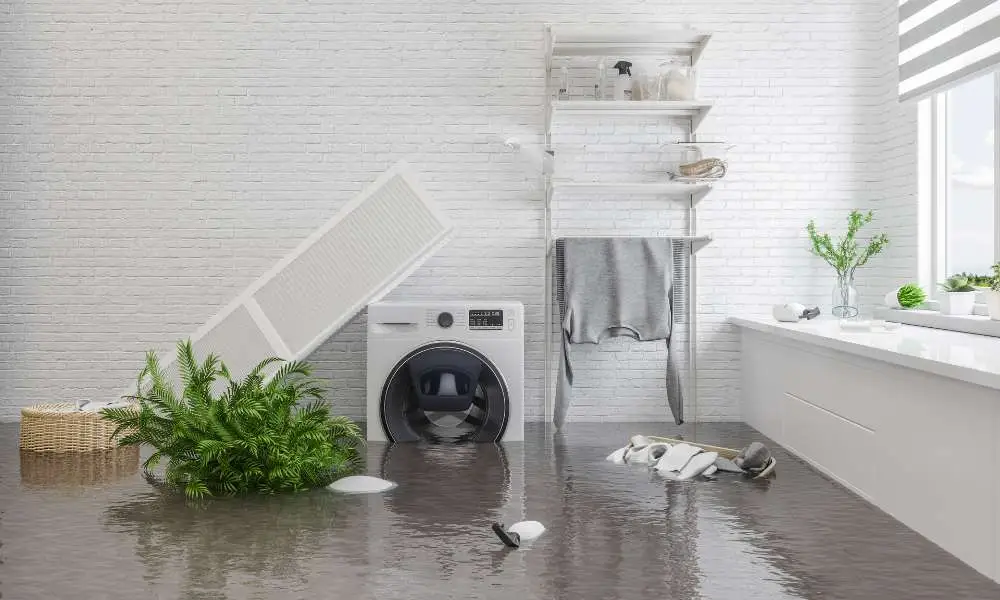Dealing with water damage is something every homeowner dreads. It can lead to repairs and pose serious health hazards if not promptly resolved. Luckily, there are steps you can follow to prevent water damage and safeguard your home. We will share some tips and strategies that homeowners can use to steer clear of water damage and ensure the safety of their properties.

1. Regularly Check Your Roof
Your roof acts as the defence line against water damage in your home. If you live in an area where it rains often, like Auckland, conducting roof inspections helps identify and address any issues before they turn into major problems. Keep an eye out for missing or damaged shingles, signs of leaks and clogged or damaged gutters. If you encounter any problems, schedule professional water damage restoration in Auckland so that water doesn’t find its way inside your home.
2. Maintain Your Gutters and Downspouts
Gutters and downspouts play a role in directing water away from your home. Regularly clean them out by removing debris like leaves, twigs and dirt that may accumulate over time. Clogged gutters can cause overflowing of water, which can then lead to roof damage, siding issues or even foundation problems. Additionally, ensure that downspouts are correctly positioned and extend a few feet away from your home’s foundation to divert water away from your property effectively.
3. Install a Sump
Installing a sump pump is a smart move for homeowners who have basements or areas that are prone to flooding. It helps prevent water damage and reduces the risk of mould growth by removing excess water. Don’t forget to test your sump pump to ensure it’s working effectively.
4. Check your Plumbing System Regularly
Regularly checking your plumbing system is essential in safeguarding your home against water damage. Keep an eye out for any signs of leaks, such as spots on walls or ceilings, water stains and musty odours. Promptly address any leaks you find by contacting water damage restoration experts at least once a year.
Also Read: The Psychological Impact of Water Damage and How DRC Restoration Can Help
5. Install Leak Detectors
Water leak detectors are tools for detecting water damage early on. These devices can be strategically placed near appliances, sinks, toilets and plumbing systems to monitor for any leaks. When a leak is detected, the detector will sound an alarm, allowing you to address the issue before it escalates into a problem.
6. Maintain Household Appliances
Properly maintaining household appliances like washing machines, dishwashers and water heaters is crucial in preventing water damage. Regularly inspect hoses and connections for signs of wear or leakage and replace them as necessary.
In addition, it’s important to consider the age of your appliances and think about replacing them to reduce the chances of water damage.
7. Seal Windows and Doors During Rain or Storm
Make it a priority to seal your windows and doors. This will help keep water out during rain or storms. Check for any gaps or cracks in the caulking or weatherstripping and fix. Replace them as needed. By taking these steps, you can protect your home from water damage.
8. Be Mindful of the Drainage System in Your Yard
When planning your landscaping, keep in mind how it affects water drainage. Make sure that your yard is sloped away from your foundation so that water flows away from your home. This prevents water from pooling around the foundation and potentially causing damage or basement flooding.
9. Install a Backflow Prevention Device
Installing a backflow prevention device is crucial for homeowners living in areas prone to rain or flooding. It prevents contaminated water and sewage backups by stopping water from flowing into your home’s plumbing system. Consult a plumber to determine if such a device is necessary for your home.
10. Prevent Pipes from Freezing
During cold climates, frozen pipes are a major cause of water damage. So, it’s important to be cautious about this issue.
To prevent freezing of the pipes, it’s important to insulate them in areas like attics, basements and crawl spaces. Additionally, when the weather gets extremely cold, it’s a good idea to let your faucets drip slowly.
Conclusion
These practical tips can significantly reduce the chances of water damage for homeowners. By maintaining your home and detecting issues early on, as well as taking preventative measures like the ones mentioned above, you can protect your home from costly and damaging water-related problems. Remember that it is worth investing time and effort into these measures for peace of mind.